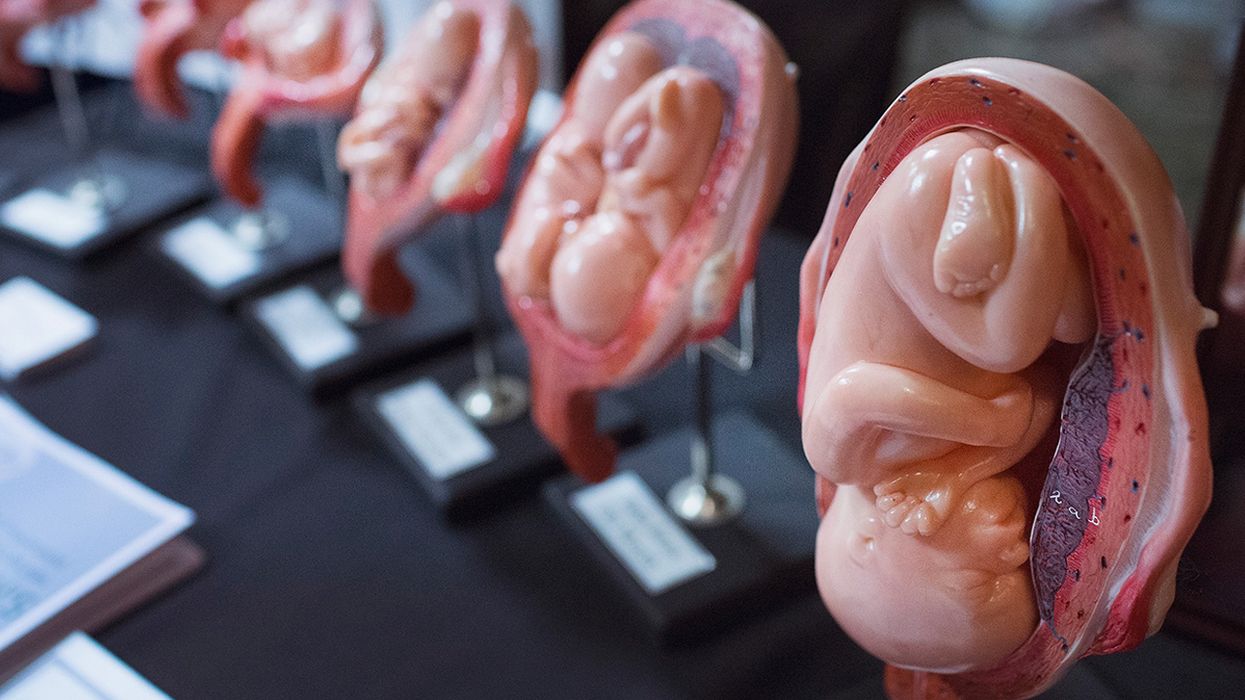
Scott Olson/Getty Images

Says it would likely be deemed unconstitutaional
Ohio Gov. John Kasich, a Republican, vetoed on Friday a controversial bill that would ban abortions after an unborn baby's heartbeat is detected. The bill would have enacted one of the most restrictive abortion policies in the nation.
The outgoing governor said the bill would be unconstitutional and most likely struck down before it could save lives. He also said it probably would have prompted a costly and unsuccessful court battle, according to published reports. Kasich vetoed similar legislation in 2016.
Kasich did sign a second abortion bill to outlaw a procedure known as a dilation and evacuation abortion. The method is commonly used during second-trimester abortion. The courts have rejected similar laws, Life News reported.
"As governor I have worked hard to strengthen Ohio's protections for the sanctity of human life, and I have a deep respect for my fellow members of the pro-life community and their ongoing efforts in defense of unborn life," Kasich said in a statement. "However, the central provision of Sub. H.B. 258, that an abortion cannot be performed if a heartbeat has been detected in the unborn child, is contrary to the Supreme Court of the United States' current rulings on abortion.
"As the losing party, the state of Ohio will be forced to pay hundreds of thousands of taxpayer dollars to cover the legal fees for the pro-choice activists' lawyers," he added.
On Thursday, the legislature will reportedly consider a veto override to keep the heartbeat bill alive. Cleveland.com reported that pro-life lawmakers need at least two more votes in the state Senate to pass it without Kasich's approval.
Earlier this month, the state legislature passed House Bill 258, which would ban most abortions in Ohio via the heartbeat provision. Under the bill, abortion practitioners could be charged with a felony for violating it. Some research has suggested that a baby's heartbeat is begins as early as 18 days after conception. But typically it is not detectable until about six weeks.
Republican State Rep. Christina Hagan, a lead sponsor of the bill, has said she believes the Supreme Court would uphold the so-called Heartbeat Bill.
"Now is absolutely the time to pass the Heartbeat Bill," Hagan said earlier this month. "We need every minute and hour that we can get to send it to the right court makeup."
In contrast, abortion activists have called the bill "dangerous."